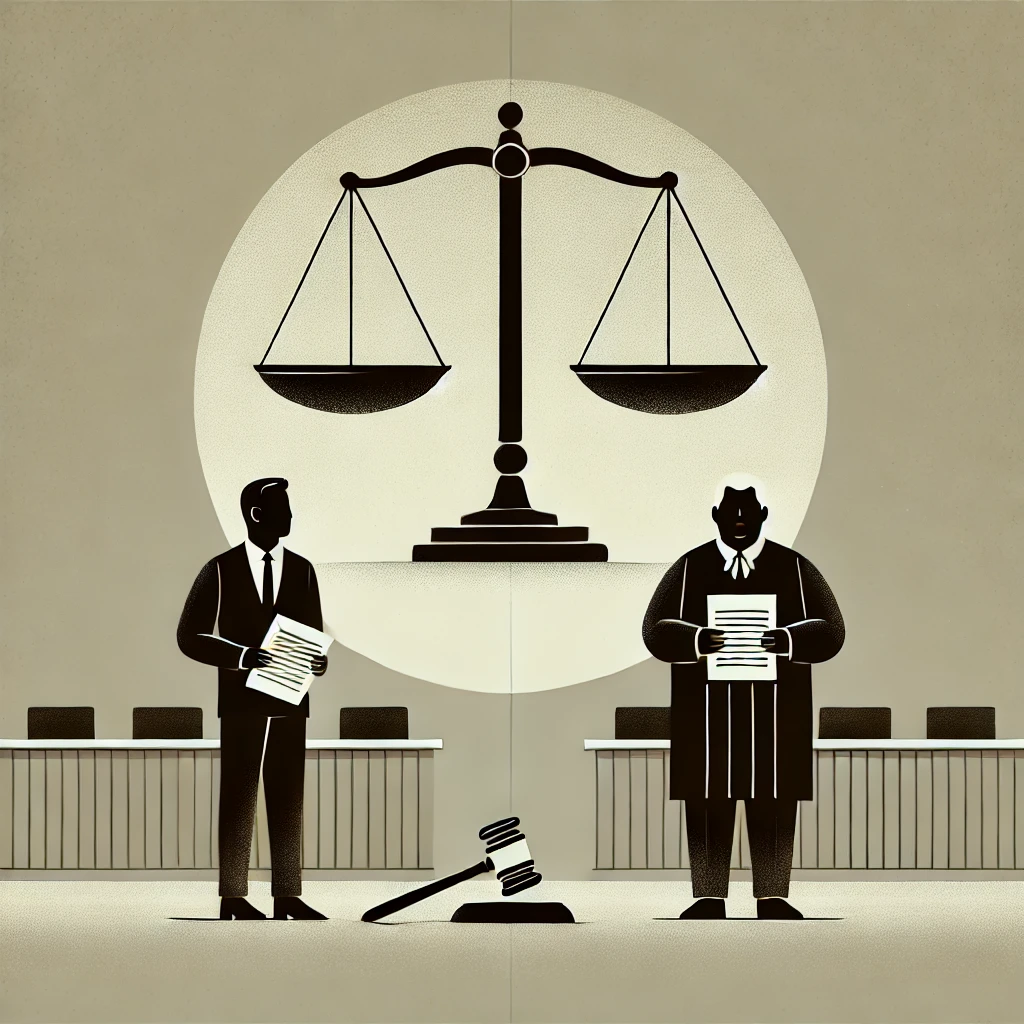Defamation, which includes slander and libel, is a civil wrong in Oklahoma that occurs when someone makes false statements about another person that harm their reputation. Oklahoma law recognizes both forms of defamation: slander for spoken statements and libel for written or published statements. This article explains what constitutes slander and defamation in Oklahoma, the elements needed to prove a defamation claim, and common defenses.
Defining Slander and Libel
In Oklahoma, defamation is any false statement that damages a person’s reputation or standing in the community. Slander and libel both fall under this category, but they differ based on the form of the statement.
Slander refers to false, damaging statements made verbally. It often occurs in personal conversations, speeches, or other spoken communications. Since slander is typically spoken, proving damage can be challenging unless specific harm is evident.
Libel refers to false, harmful statements made in a written or published format. This can include traditional print media, social media posts, online reviews, and other digital communications. Libel is usually easier to prove than slander because there is documentation of the damaging statement.
Elements of a Defamation Claim in Oklahoma
To establish a defamation claim in Oklahoma, the plaintiff (the person alleging harm) must prove the following elements:
- False Statement: The statement in question must be false. True statements, even if harmful, do not qualify as defamation. Opinions, unless presented as factual statements, are generally not considered defamatory.
- Publication or Communication: The statement must have been communicated to a third party, meaning at least one other person heard or read the statement.
- Harm to Reputation: The plaintiff must show that the statement caused damage to their reputation, resulting in financial loss, emotional distress, or other tangible harm.
- Negligence or Malice: The plaintiff must prove that the person making the statement acted with negligence or, in cases involving public figures, actual malice (knowledge of the statement’s falsity or reckless disregard for the truth).
Oklahoma has a one-year statute of limitations for filing defamation claims. This means that plaintiffs must file their claim within one year of the defamatory statement’s publication or communication.
Types of Damages in Defamation Cases
In Oklahoma, plaintiffs in defamation cases may be eligible for several types of damages:
- Actual Damages: These compensate the plaintiff for direct financial losses resulting from the defamatory statement, such as loss of employment or business revenue.
- General Damages: These cover non-monetary harm, including damage to reputation, humiliation, and emotional distress.
- Punitive Damages: In cases involving malice, courts may award punitive damages to punish the defendant and discourage future defamatory actions.
A civil attorney can look at your case and help you understand what type of damages may be available.
Defenses to Defamation in Oklahoma
Defamation claims are subject to several defenses. Common defenses include:
- Truth: Truth is an absolute defense against defamation. If the defendant can prove the statement was true, the defamation claim will likely fail.
- Opinion: Statements of opinion, rather than statements of fact, are typically not defamatory under Oklahoma law. For example, saying, “I think he is untrustworthy” is different from stating, “He stole from his employer.”
- Privilege: Certain statements are protected by privilege, meaning they cannot be considered defamatory, even if false. Absolute privilege applies to statements made in court or by government officials in their official duties. Qualified privilege may apply to statements made in certain contexts, such as employment references, if made without malice.
- Consent: If the plaintiff consented to the publication or communication of the statement, they cannot later claim defamation.
While these are some common defenses, they are not the only ones. It’s important to consult with an attorney who has experience with handling slander and defamation cases.
Tulsa Civil Attorneys
In Oklahoma, defamation through slander or libel occurs when false statements damage a person’s reputation. Proving a defamation claim requires showing that the statement was false, communicated to a third party, and caused harm to the plaintiff. Common defenses to defamation include truth, opinion, and privilege. Given the complexities involved, individuals involved in defamation cases may benefit from consulting an experienced attorney to understand their options and protect their reputation. Our team here at Tulsa County Lawyers Group is here to help with your defamation case. If you need help, contact us today by calling (918) 379-4864 or reach us online for a consultation.

